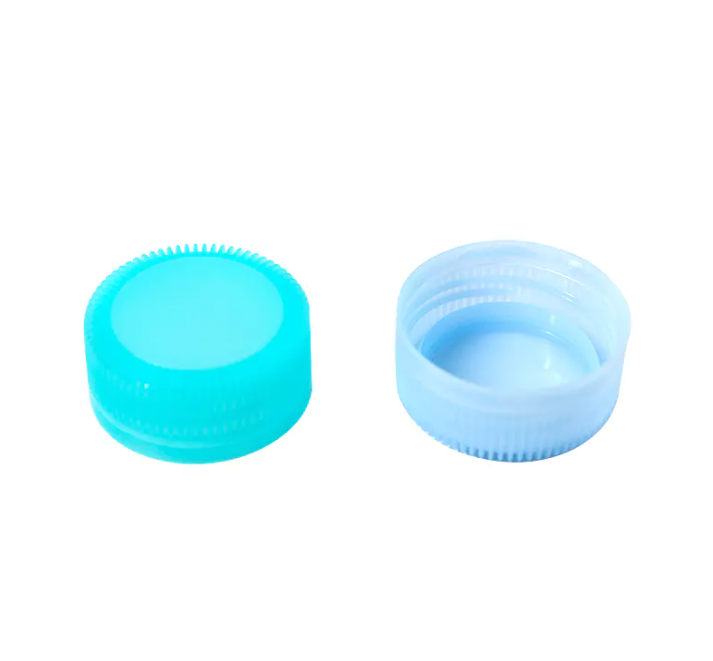chuangzhen@capping-machine.net

EN
The Cap Compression Machine plays a crucial role in modern packaging, extending far beyond simple production—it is a key tool that allows manufacturers to efficiently deliver a variety of cap designs. Custom mold design has become a central aspect of this technology, enabling companies to meet diverse market demands while maintaining consistent quality. By leveraging innovative mold configurations, manufacturers can produce caps with different shapes, sizes, textures, and brand elements without compromising efficiency or precision.
Custom molds provide the flexibility needed to handle a wide range of cap styles, from standard beverage caps to intricate designs for cosmetics or pharmaceuticals. Each mold is carefully engineered to optimize material flow, reduce stress points, and ensure uniform compression across all cavities. By tailoring mold geometry to the specific requirements of a cap, manufacturers can maintain high consistency in wall thickness, sealing performance, and surface finish—critical factors for consumer satisfaction and regulatory compliance.

In addition to shape and size, brand identification plays an increasingly important role in cap production. Logos, patterns, and embossing require precise mold machining to ensure clarity and durability. Cap compression machines equipped with CNC systems can adjust compression pressure, cycle time, and cooling rates according to the mold specifications, accommodating these intricate designs. This precision produces visually appealing and highly functional caps, enhancing brand image while preserving mechanical integrity.
Multi-cavity molds represent another advancement in compression technology. These molds can form multiple caps simultaneously, increasing output without compromising quality. Each cavity is optimized for uniform material distribution, ensuring that all caps produced in the same cycle meet the same dimensional and functional standards. This approach is particularly valuable in high-volume production, where consistent output is essential for operational efficiency.
Material considerations also play a critical role in custom mold design. Manufacturers typically work with various thermoplastics, including polypropylene, polyethylene, and specialized bioplastics. Each material exhibits different flow characteristics, shrinkage rates, and cooling requirements. Mold designers collaborate closely with engineers to account for these variables, integrating features such as tapered cores, optimized runners, and venting channels to achieve uniform compression while preventing warping or incomplete sealing.
In today’s competitive market, rapid mold changeover has become increasingly important. Modular mold systems and quick-release mechanisms minimize downtime during product line transitions. This flexibility enables manufacturers to respond efficiently to seasonal demand, limited-edition packaging, or product line expansion. Companies can maintain a diverse product portfolio while machine utilization and operational efficiency.
Modern technologies such as CNC machining and additive manufacturing are further enhancing the performance of custom molds. These tools allow for highly complex designs, tighter tolerances, and faster prototyping, enabling manufacturers to iterate and refine cap designs before full-scale production. Digital simulations can further optimize mold performance by predicting material flow, cooling behavior, and potential stress points, reducing trial-and-error adjustments on the production floor.
Quality assurance remains integral throughout mold design and production. Sensors integrated into the cap compression machine monitor cycle parameters in real time, ensuring each cap meets dimensional and functional requirements. Any deviation is detected immediately, allowing operators to make corrective adjustments before defective caps are produced. This data-driven approach supports continuous improvement and helps maintain the high standards required in regulated industries such as food, beverage, and pharmaceuticals.
The synergy between cap compression machine technology and custom mold design is redefining the possibilities of cap manufacturing. By combining precision engineering, materials science, and advanced automation, manufacturers can produce diverse, high-quality caps that meet consumer expectations and support brand differentiation. Companies like Taizhou Chuangzhen Machinery are this innovation, offering advanced compression solutions that enable efficient, consistent, and flexible modern packaging production.
Copyright © Taizhou Chuangzhen Machinery Manufacturing Co., Ltd. All Rights Reserved.
